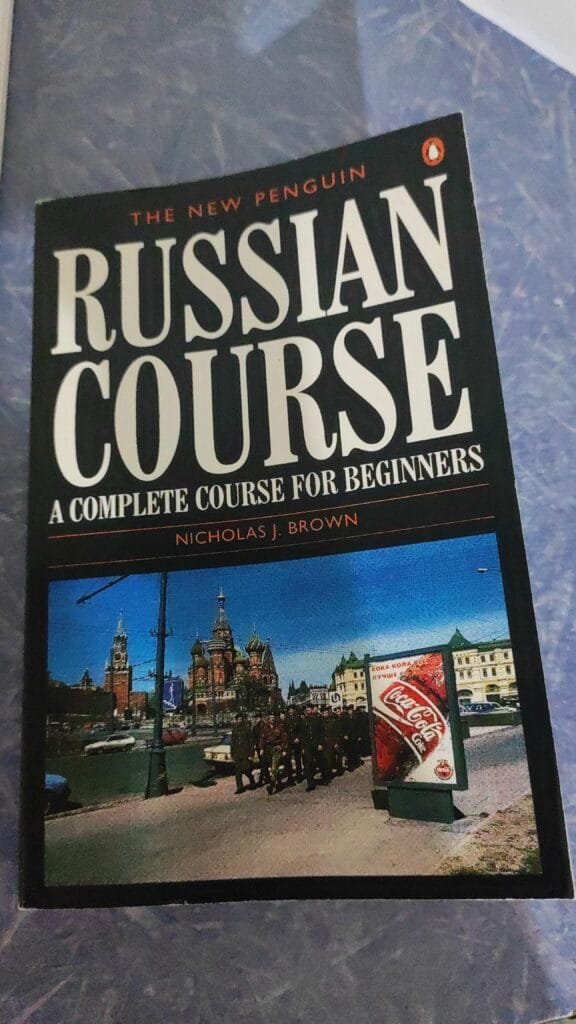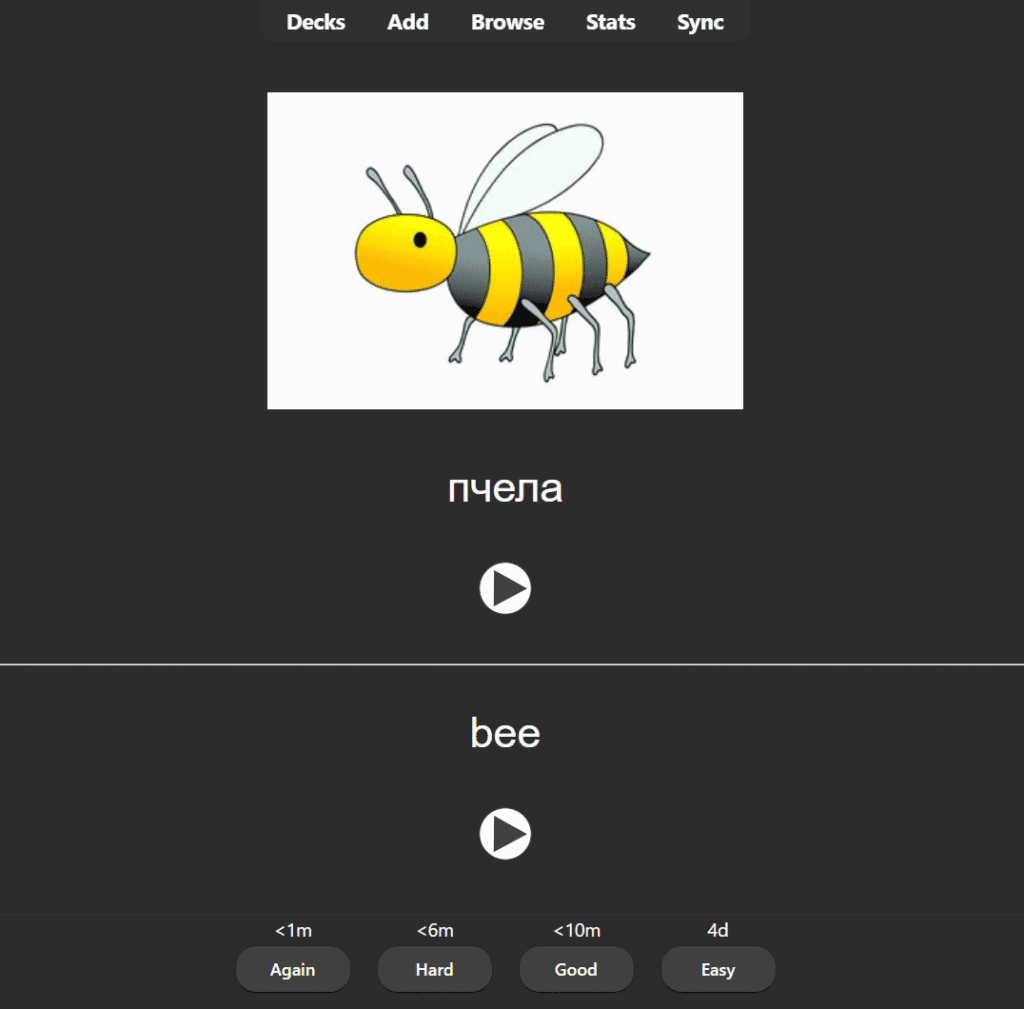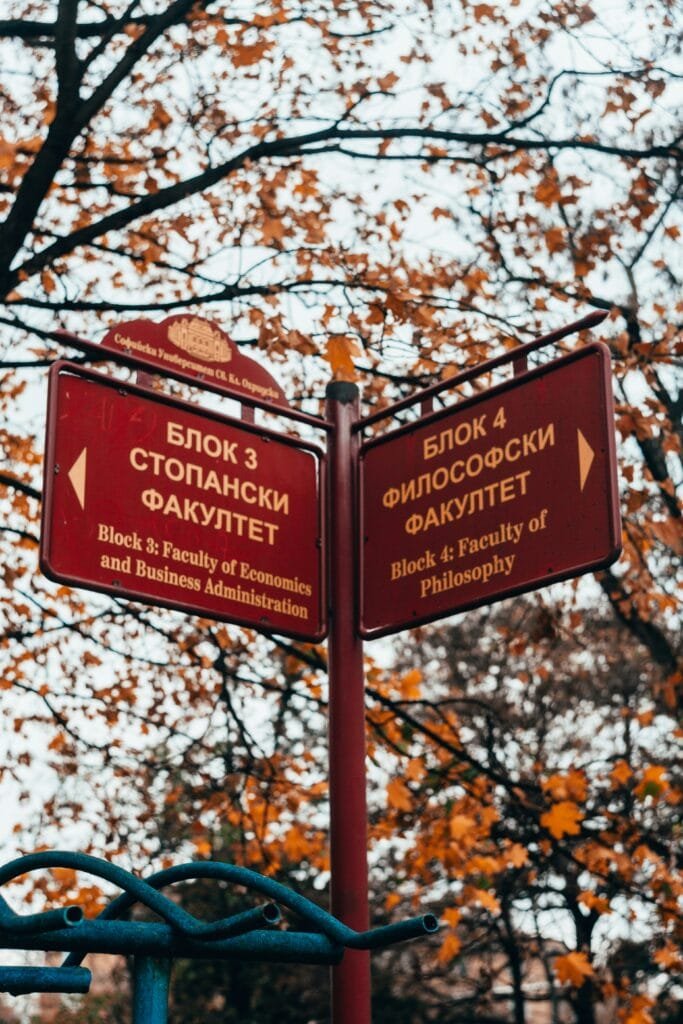Best Way to Learn Russian on Your Own (Step-by-Step Beginner’s Guide)

Introduction
Learning Russian might seem challenging at first, but with the right approach, it’s definitely achievable. In fact, finding the best way to learn Russian on your own can make the process much easier and more enjoyable. Russian is spoken by over 250 million people worldwide and is one of the official languages of the United Nations — making it a valuable language to learn.
In this post, I’ll share my proven step-by-step method for learning Russian by yourself, along with all the essential resources I used (which you’ll find down below) to help you succeed.
One of the key ideas throughout this method is to immerse yourself in the language using comprehensible input — material that you can understand and enjoy, even as a beginner. (I’ll make a detailed post about this method soon!)
This guide will walk you through the best way to learn Russian on your own — from mastering pronunciation to speaking confidently in daily life.
Why Learn Russian by Yourself?
- Freedom to learn at your own pace.
- Learning Russian by yourself is a great starting point. You can make incredible progress independently and then level up faster with guided support or coaching.
- Focus on topics you actually enjoy.
- Build real-world skills.
Whether you want to travel, work, or simply challenge yourself, learning Russian solo can be one of the most rewarding journeys.

Step 1: Best Way to Master the Cyrillic Alphabet for Learning Russian
The Cyrillic alphabet might look intimidating at first, but with the right approach, you can learn it surprisingly quickly and easily.

Tips:
- Use flashcards apps like Memrise (phone), or Anki (PC) to memorize the letters quickly and efficiently. Spaced repetition will help you remember them long-term.
- Check out my post where I teach you the Russian alphabet and pronunciation with audios — it’s the fastest way to get familiar with the sounds.
- Use mnemonics. For example, you can associate the letter “Д” with a house 🏠 because it looks like a roof. Creating visual connections like this will make the letters stick in your memory.
Related Post: Russian Pronunciation Guide: Master the Basics with Audio
Step 2: Best Way to Learn Russian Vocabulary — Focus on High-Frequency Words
Start with the most commonly used Russian words and phrases.
Apps like Memrise, Anki, or the “Top 1,000 Russian Phrases” frequency lists are great starting points.
Quick Start:
- Learn greetings and survival phrases.
- Focus on pronouns, verbs, numbers, and basic objects.
- Aim for 80/20 learning: focus on the words you’ll hear and use the most.
- Many English words are almost the same in Russian.
- Especially words that end in -tion in English—they often have direct equivalents in Russian that are super easy to recognize, they often end in -ция (-tsiya). For example:
- Information → информация (informatsiya).
- Organization → организация (organizatsiya).
- Situation → ситуация (situatsiya).
This makes learning vocabulary much easier than you might think!

Step 3: The Best Way to Learn Russian Grammar for Beginners
Russian grammar can be tough, but you don’t need to master everything right away.
Focus on:
Basic Verb Conjugation
Good news — Russian only has three verb tenses, which makes it much simpler than languages like Spanish that have up to 16 different tenses! The three Russian tenses are:
- Present Tense (настоящее время).
- Past Tense (прошлое время).
- Future Tense (будущее время).
How Genders Work
Unlike English, Russian has three grammatical genders:
- Masculine (мужской род).
- Feminine (женский род).
- Neuter (средний род).
Genders affect how words change when using cases and declensions, so always learn the gender of a word from the start. It will save you a lot of confusion later.
Pay Attention to Word Endings
Eventually, you’ll need to learn the Russian Grammar Cases (падежи). Take them step by step: start with the Nominative Case, then move on to the Accusative Case, and keep building from there.
I made a detailed post about the Cases, click here: “How to Learn russian Cases”
| Case | Russian Name | Main Question | Example |
|---|---|---|---|
| Nominative | Именительный | Who? What? | Это книга. (This is a book.) |
| Accusative | Винительный | Whom? What? | Я вижу книгу. (I see a book.) |
| Genitive | Родительный | Of whom? Of what? | Страница книги. (Page of the book.) |
| Dative | Дательный | To whom? To what? | Я даю книге. (I give the book to him.) |
| Instrumental | Творительный | With whom? With what? | Я пишу книгой. (I write with a book.) |
| Prepositional | Предложный | About whom? About what? | Я говорю о книге. (I talk about the book.) |
I know this can look overwhelming at first. Unlike the tenses, which are pretty straightforward in Russian, the cases are one of the trickiest parts to master. Take it step by step and don’t rush yourself — it’s perfectly normal if it takes time to click.
Pro Tip: Don’t memorize grammar rules in isolation. Use real example sentences and practice them in context — this is how grammar really sticks!
Step 4: Immerse Yourself Every Day
The best way to learn Russian is by creating daily exposure.
Do This:
- Listen to Russian podcasts (slow Russian for beginners).
- Watch Russian YouTubers with subtitles (download a Dual-Subtitle App).
- Read simple texts, news headlines, or children’s stories.
- Make Russian part of how you think, not just something you study. Try to name objects around you in Russian, form simple thoughts in Russian as you go through your day, or mentally rehearse basic sentences. It’s not about adding tasks — it’s about slowly switching your inner voice.
Even 15 minutes a day builds momentum.

Step 5: Best Way to Start Speaking Russian from Day One
Don’t wait until you’re “ready” to speak—start right away.
How:
- Talk to yourself in Russian. It’s a great way to practice basic dialogues on your own. You’ll train your tongue muscles and build confidence without needing to speak to natives right away.
- Record yourself and compare with native speakers. Try Shadowing: when you watch a video, read the subtitles or transcript out loud, matching the speaker’s speed and pronunciation.
- Find a tutor or conversation partner for relaxed, low-pressure speaking practice.
Step 6: Track Progress and Stay Consistent
Track (optional):
- Instead of stressing over daily tracking, set aside time once a week to review what you’ve learned and how far you’ve come.
- Use a simple journal or app to note new words, phrases, or grammar points you’ve mastered.
- Celebrate small wins, even if it feels slow.
- Adjust your goals weekly based on your progress and challenges, so you stay motivated without burning out.
- Reflect on what learning methods worked best for you and focus more on those.
Remember that the goal is to make Russian a part of your daily life — even if it’s just listening to a song, reading a short post, or thinking in Russian for a few minutes each day.”

Final Tips: Best Way to Stay Motivated While Learning Russian
Be patient—Russian takes time.
Focus on communication, not perfection — no one will care if you make grammar mistakes or have an accent.
Enjoy the process with content you love.
You don’t need to study 8 hours a day. You need to show up consistently, every day.
Conclusion
Learning Russian on your own is completely achievable with the right approach.
Begin by mastering the alphabet, build your vocabulary with practical words, start speaking from day one, and stay consistent.
While Russian can seem challenging at first, following simple, effective steps will make the journey manageable and rewarding. You don’t need expensive tools or complicated plans — just steady effort, motivation, and access to good resources.
Take the first step today, and watch your skills grow faster than you expect.
